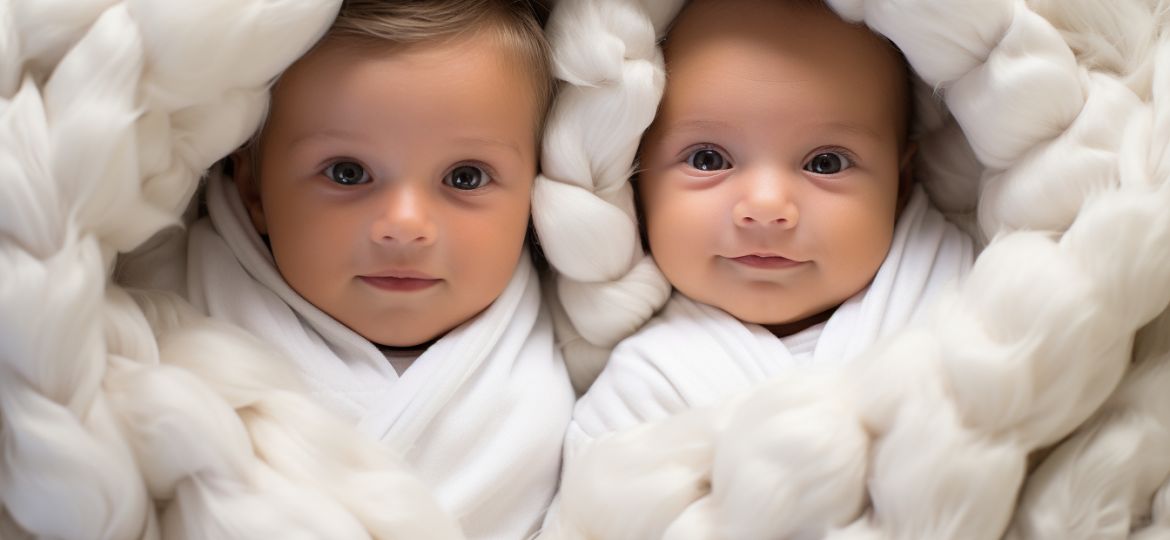
Babies have very sensitive skin and immune systems. That’s why it’s essential to have a first-aid kit that’s adapted to their health. In this article, we present a complete list of the essential items to include in your baby’s first-aid kit.
The essentials for baby’s daily care
There are certain products that are necessary on a daily basis to ensure your baby’s well-being and hygiene. Here are the items you should have in your first-aid kit:
Physiological serum: perfect for gently cleaning your baby’s eyes and nose.
Special baby cotton buds: specially shaped to avoid damaging your little one’s ear.
Moisturising milk: to keep your baby’s skin soft and elastic.
Gentle cleansing gel: for daily cleansing without damaging your baby’s delicate skin.
Diaper cream: to prevent diaper rash and protect baby’s skin from irritation.
First aid for baby
In the event of minor injuries or accidents, it’s important to be able to react quickly to soothe and care for your baby. Here are the products and equipment you should have in your first-aid kit:
Thermometer: to check your baby’s temperature in the event of a fever or if you suspect heatstroke.
Bandages: to protect baby’s small wounds from infection.
Round-tipped scissors: to cut your child’s nails without risking injury.
Tweezers: to gently remove a splinter or insect sting.
Antiseptic spray: to disinfect superficial wounds and prevent infection.
Gel to relieve minor burns: an essential product in the event of accidental contact with a heat source.
Adhesive tape: to hold a dressing or bandage in place on a joint.
Digestive and dental problems
Babies are sometimes prone to digestive problems or painful teething. To help them cope better with these uncomfortable moments, remember to include the following items in your first-aid kit:
Oral rehydration solution: in the event of diarrhoea or vomiting, this helps to compensate for your baby’s loss of water and mineral salts.
Anti-reflux drinkable suspension: to relieve heartburn and regulate your child’s digestion.
Gum gel: apply to sore gums when teething to soothe the pain.
Soft toothbrush and toothpaste: to introduce your baby to oral hygiene as soon as their first teeth appear.
Specific medicines for babies
It is essential to consult a doctor or pharmacist before administering any medication to your baby. Please find your nearest pharmacy by looking here for more details. However, some products may be useful if necessary:
Paracetamol suppository or syrup: to relieve fever and mild aches and pains (always follow the recommended dosage and duration of treatment).
Antihistamine syrup: to treat allergic reactions or itching caused by insect bites (on prescription only).
Cough syrup: to relieve your baby’s dry or hacking cough (use with caution and on the advice of your doctor or pharmacist).
Antiseptic eye drops: to treat mild conjunctivitis (only on medical advice).
Tips for organising your first-aid kit
To keep your first-aid kit practical and functional, make sure you :
Regularly check the expiry dates of products and medicines.
Put everything in the right place so you can find what you need quickly.
Keep the first-aid kit out of baby’s reach and in a cool, dry place.
Write down the contact details of your GP, paediatrician and pharmacist in a small notebook kept in the kit.


